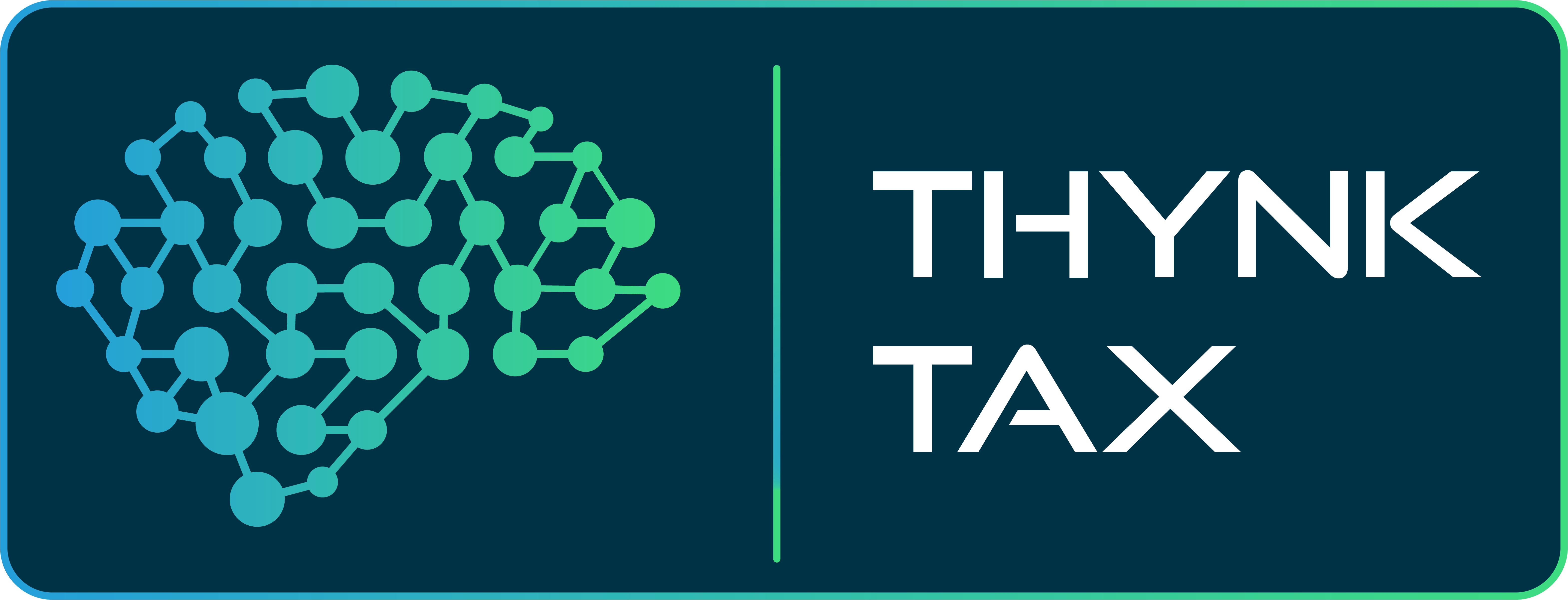How to Claim HRA and Save on Taxes: A Complete Guide
Discover the strategic approach to claiming your House Rent Allowance (HRA) and how it can significantly reduce your tax burden. This comprehensive guide provides step-by-step advice on maximizing your tax savings through HRA.
How to Claim HRA and Save on Taxes: A Complete Guide
Introduction: In the intricate world of taxation, House Rent Allowance (HRA) stands out as a profoundly beneficial provision for salaried individuals paying rent. With the proper knowledge and approach, you can leverage HRA to substantially decrease your taxable income. This guide, drawing on decades of experience in tax planning and compliance, aims to demystify the process of claiming HRA effectively.
Understanding HRA: HRA is an allowance granted to salaried employees as a part of their salary package, intended to meet the cost of renting a residence. The allowance can become a key tool in tax planning, provided it is claimed correctly under Section 10(13A) of the Income Tax Act.
Eligibility for Claiming HRA: To claim HRA, you must satisfy the following conditions:
- You should be salaried and receive HRA as part of your salary.
- You must be living in rented accommodation and paying rent.
- The rented premises must not be owned by you.
Calculation of HRA for Tax Exemption: The tax exemption on HRA is the least of the following amounts:
- Actual HRA received.
- 50% of (Basic salary + Dearness Allowance) for those living in metro cities (40% for non-metros).
- Excess of rent paid over 10% of (Basic salary + Dearness Allowance).
Step-by-Step Guide to Claim HRA:
- Gather Necessary Documents: Ensure you have rent receipts, rental agreement, and PAN details of your landlord if annual rent exceeds INR 1,00,000.
- Calculate Eligible HRA: Use the formula outlined above to determine the amount of HRA you can claim.
- Submit Proof to Employer: Provide your employer with the rent receipts and a copy of the rental agreement to claim HRA exemption before the tax filing deadline.
- Claim During Tax Filing: In case you haven't submitted the proofs to your employer, claim the HRA exemption directly on your income tax return.
Advanced Tips for Maximizing HRA Benefits:
- Joint Rental Agreement: If you are sharing the accommodation, ensure the rental agreement includes the names of all tenants for proportional claim benefits.
- Adjust Timing of Rent Payments: If possible, consider the timing of rent payments to maximize the tax benefits across financial years.
Conclusion: Claiming HRA is not merely a procedural act but a significant tax planning strategy that can lead to substantial savings. As the landscape of taxation grows more complex, understanding nuances such as these not only aids in compliance but also enhances one's financial well-being.
Expertise Note: As a seasoned tax professional, I recommend consulting with a tax advisor to navigate complex cases, especially if your rental situation involves nuances like subletting or shared accommodation, to ensure full compliance and optimization of tax benefits.
Start planning early and make informed decisions about your rental arrangements to fully benefit from HRA exemptions. Remember, in the realm of taxation, knowledge and timely action are key to maximizing returns.

 admin
admin 





